Description
Speaking Christian
“Why Christian Words Have Lost Their Meaning and Power―And How They Can Be Restored”
According to Marcus J. Borg, a renowned Bible scholar, the language used by modern Christians has become distorted, hindering the true essence of the religion. Borg argues that Christianity’s keywords, as well as the sacred texts and stories that encompass them, have been limited by a contemporary framework that focuses on sin, forgiveness, Jesus dying for our sins, and the afterlife. To rectify this, Borg proposes the “historical-metaphorical” method, which enables a deeper understanding of Christian language, restoring its power and transformative nature.
One example Borg provides is the term “Redemption.” In modern Christianity, it is narrowly interpreted as Jesus saving us from sins so that we can go to heaven. However, in the Bible, redemption refers to being set free from slavery. By embracing the historical context and metaphorical significance of this word, Christians can grasp its true meaning and appreciate the freedom it represents.
Another word Borg examines is “Savior.” In contemporary usage, it solely refers to Jesus as the one who saves us from our sins, primarily concerning the afterlife. However, in the Bible, “Savior” encompasses a diverse range of meanings that extend beyond the concept of the afterlife. By exploring the rich tapestry of interpretations, Christians can broaden their understanding of Jesus’ role and the significance of salvation in their lives.
Lastly, Borg delves into the term “Sacrifice.” In modern Christianity, it is commonly understood as Jesus’ death on the cross, serving as payment for our sins. However, in the Bible, sacrifice is never about substitutionary payment for sin. By examining the historical and metaphorical dimensions of this word, Christians can uncover a deeper understanding of sacrifice as an act of devotion and dedication, rather than a transactional concept.
In his book, “Speaking Christian,” Borg aims to provide twenty-first-century Christians with a language that reconnects the faith to its original roots, allowing it to once again transform lives. By embracing the historical and metaphorical aspects of Christian language, believers can gain a more profound understanding of their faith, enabling them to live out its teachings in a meaningful and impactful way.
About The Author
Marcus J. Borg, a renowned biblical and Jesus scholar, was born into a Lutheran family with Swedish and Norwegian roots. Growing up in North Dakota during the 1940s, he was the youngest of four children. Borg’s academic journey began at Concordia College in Moorhead, Minnesota, a small liberal arts school.
During his time there, he not only excelled academically but also showcased his writing skills as a columnist for the school paper. Initially, Borg held conservative views, but a profound encounter with the Book of Amos transformed his perspective.
After delving into the Book of Amos, which emphasized social equality, Borg’s writing took a dramatic turn towards liberalism. His newfound beliefs led to his articles being discontinued, as they no longer aligned with his conservative stance. Eager to further explore his evolving ideas, Borg pursued graduate studies at Union Theological Seminary.
It was during this time that he had the privilege of studying under the esteemed G. B. Caird at Oxford, where he obtained both master’s and DPhil degrees. Interestingly, Borg’s academic journey intersected with that of Anglican bishop N.T. Wright, who had also studied under Caird. This connection would later lead to a collaborative effort between Borg and Wright.
In his mid-thirties, Borg experienced a period of religious questioning, which ultimately led him to become actively involved in the Episcopal Church. His wife, the Reverend Canon Marianne Wells-Borg, serves as a priest and directs a spiritual development program at the Trinity Episcopal Cathedral in Portland, Oregon.
Borg’s dedication to his faith and his scholarly pursuits culminated in his installation as the first canon theologian at Trinity Episcopal Cathedral on May 31, 2009. Throughout his career, Borg’s expertise and insights have garnered international recognition, with appearances on various television programs and his involvement with the Jesus Seminar and the Historical Jesus.


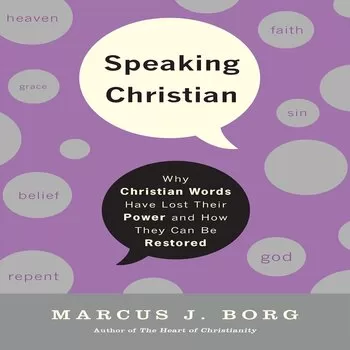






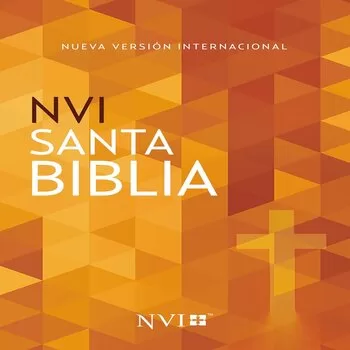




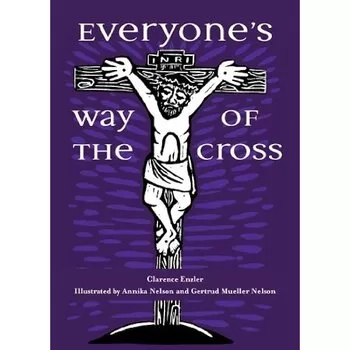

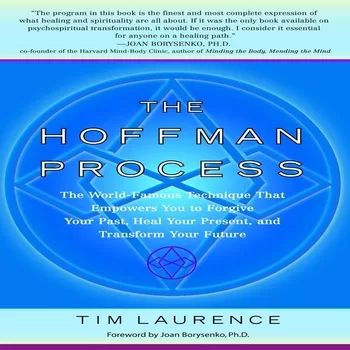


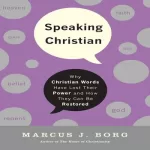
Reviews
There are no reviews yet.